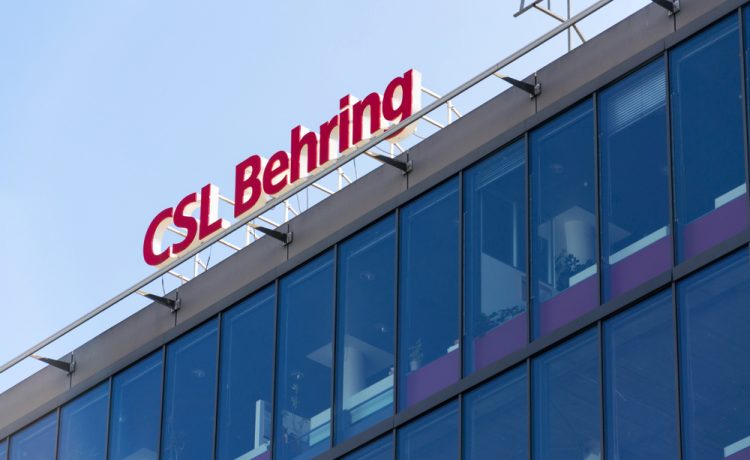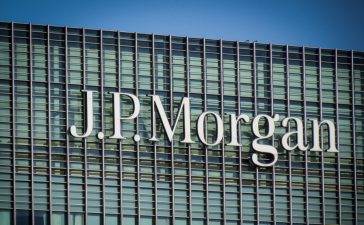The company’s shares were trading up 7% by mid-session, their biggest intraday gain since March 2020
Australian biopharmaceutical firm CSL said its first-half profit fell as the Omicron Covid-19 outbreak stopped people giving blood plasma, the core of its treatments, but declared a return to pre-pandemic collections, sending its shares soaring.
The vaccine unit of Australia’s biggest biotech firm has benefitted from heightened demand for inoculations amid the pandemic, including for the AstraZeneca coronavirus vaccine it makes in Australia.
But most of its profit comes from selling blood plasma treatments for rare diseases.
We anticipate a return to pre-pandemic collection levels, CSL chief executive Paul Perreault told reporters on a call on Wednesday after the earnings were released.
The underlying demand for these products is still quite robust. The problem is the raw material, he said.
The company’s shares were trading up 7% by mid-session, their biggest intraday gain since March 2020, helping push the broader market up 0.5%. The former Australian government laboratory is now the country’s fourth-largest company by market capitalisation.
The interim result ‘exceeded our forecasts and consensus expectations’, RBC Capital Markets analyst Craig Wong-Pan said in a client note.
Jefferies analysts noted that CSL stuck to previous guidance of a full-year profit between $2.15 billion and $2.25 billion, down from the previous year’s $2.38 billion.
But it said the guidance now factored in $90 million to $110 million of costs to buy Swiss drugmaker Vifor Pharma AG, implying a 5% upgrade in earnings to offset those costs.
In the first half, net profit fell 5% to $1.72 billion on a constant currency basis, the company said, declaring an interim dividend of $1.04 cents per share, same as last year.
The pre-tax profit contribution from its plasma unit dropped 22%, while profit from its vaccine division climbed 24%. Since the same period a year earlier, the profit contribution from the company’s vaccine unit has risen from 30% to 40%.





